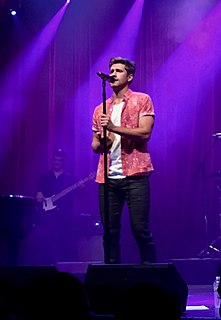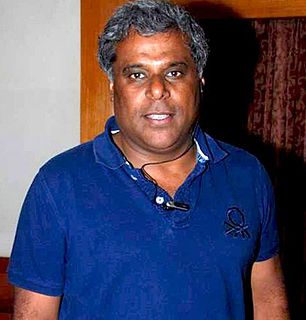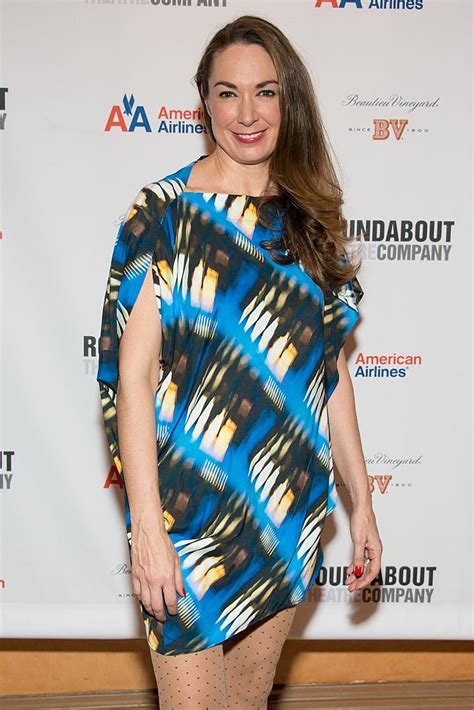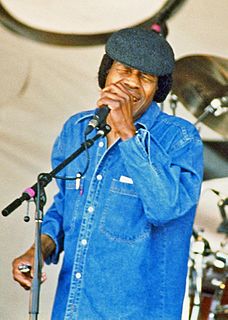A Quote by S. I. Hayakawa
In the case of drama (stage, movies, television ), there appear to be people in almost every audience who never quite fully realize that a play is a set of fictional, symbolic representations. An actor is one who symbolizes other people, real or imagined. [...] Also some years ago it was reported that when Edward G. Robinson, who used to play gangster roles with extraordinary vividness, visited Chicago, local hoodlums would telephone him at his hotel to pay their professional respects.
Quote Topics
Actor
Almost
Also
Appear
Audience
Case
Chicago
Drama
Edward
Every
Extraordinary
Fictional
Fully
Gangster
Him
His
Hotel
Imagined
Local
Movies
Never
Never Quit
Other
Pay
People
Play
Professional
Quite
Real
Realize
Reported
Respects
Robinson
Roles
Set
Some
Stage
Symbolic
Telephone
Television
Used
Visited
Vividness
Would
Years
Years Ago
Related Quotes
Stage charm guarantees in advance an actor's hold on the audience, it helps him to carry over to large numbers of people his creative purposes. It enhances his roles and his art. Yet it is of utmost importance that he use this precious gift with prudence, wisdom, and modesty. It is a great shame when he does not realize this and goes on to exploit, to play on his ability to charm.
I play Edward G. Robinson [in Trumbo], who was a close friend and a co-worker of Dalton's [Trumbo]. They worked together on at least one or two screenplays. A lot of these stories take famous people and show you who they are behind the scenes, which is kind of fun. One of the things about getting to play Edward G. Robinson was learning who the man was away from his movie-star exterior.
In other ways, you constantly have to change people's opinion of you as one thing, especially if you want to play different roles. You have to shatter that image sometimes. I've had to do it before with stage roles, to get roles. I'm drawn to kind of darker, misfit things. I would like to, especially in film, play against type and do some heavier stuff. I'm intrigued by projects that deal with problematic people and things.
When you're training as an actor, a lot of the big work you're learning is to treat fictional characters like real people. You don't have the problem of discovering a backstory with real people, but there's always a mystery which is common to both fictional and factual characters. They are never quite the person you think they are.
I used to go and do some sitting in with Robert Nighthawk when he were playing at the 708 Club in Chicago. He was a tremendous slideman. I never saw him do anything other than play the slide. I never just saw him just use his hand. He always used a slide. He had a little-bitty drummer we called "Shorty". He was about that high [hand gesture]. And he was his drummer. That's all he had was a slide guitar and a drummer.
Being an older person now, I'm finding that people are calling me to play various things. Variations on the theme of mother, caretaker, and in some cases, doctors, heads of organizations and things like that. For some people, I'm finally old enough to play those roles. We see men playing them when they're a little bit younger, and also in roles that call for some form of conflict and violence, either generating it or trying to curtail it. Women don't seem to be a big part of those common and often used movie themes.
I think it's OK to play to your strengths, and if I have a quality of Englishness that people like, I won't hide that. I'm probably not going to play a junkie and that's OK because there are other people who will do it better. A view that's been held for a long time is that the best way to prove oneself as an actor is to play the grittiest roles out there. I don't agree with that.
I still had the same frustration with trying to play [Edward Cullen], the entire way through, right up until the last shot. It's a strange part because, on the one hand, a lot of the audience projects their idea of Edward[Cullen] onto him. It doesn't matter what he is. They want him to be a certain way. And then, my instincts were to try and play it and to try to find the fallibility in him and the weaknesses.
No, Groucho is not my real name. I am breaking it in for a friend. I never forget a face, but in your case I'll be glad to make an exception. I find television very educating. Every time somebody turns on the set, I go into the other room and read a book. I have had a perfectly wonderful evening, but this wasn't it. I didn't like the play, but then I saw it under adverse conditions - the curtain was up.
Normally classical music is set up so you have professionals on a stage and a bunch of audience - it's us versus them. You spend your entire time as an audience member looking at the back of the conductor so you're already aware of a certain kind of hierarchy when you are there: there are people who can do it, who are on stage, and you aren't on stage so you can't do it. There's also a conductor who is telling the people who are onstage exactly what to do and when to do it and so you know that person is more important than the people on stage.

































